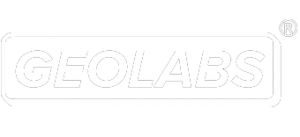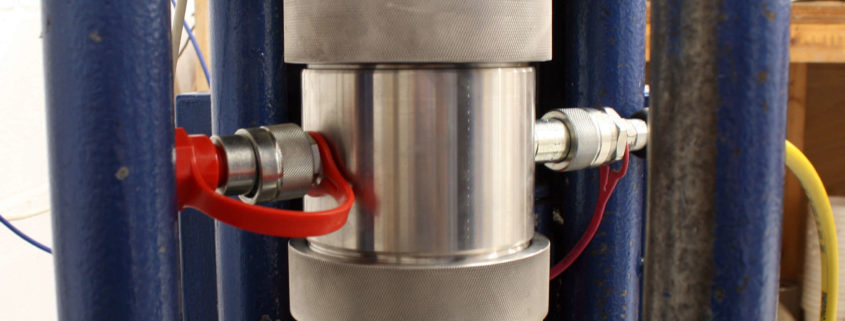What is a Hoek Triaxial Test?
The Hoek Triaxial Test on rocks
This test measures the strength of a cylindrical rock specimen when subjected to a confining pressure of up to 70 MPa. It can be performed as a series of tests on individual specimens, each at a different confining pressure (Type I, “individual tests”), or as a multi-stage test where the confining pressure is increased each time the specimen is about to fail (Type II, “multiple failure state test”). Both types of test can be performed with a constant stress rate or a constant strain rate.
What does it determine?
As well as the individual strengths at different confining pressures, results from multiple tests can be combined to calculate the envelope parameters: internal angle of friction, ø, and apparent cohesion, c.
Why choose a Hoek Triaxial?
Whereas an unconfined compressive strength test gives a useful index property of a rock, its behaviour in real life is likely to be heavily influenced by the pressure of the rock mass surrounding the point of interest. The confining pressures in the Hoek Triaxial Test can simulate those in-situ conditions and give failure conditions which more accurately reflect conditions in the field. The envelope parameters this test gives are often used when investigating rock stability issues.
What standards apply?
ISRM : Part 2 : 1974 – 2006 and ASTM D7012 – 14 : Method A
Why choose Geolabs for your Hoek Triaxial?
Apart from having the specialised kit required for this test, more importantly we have the proven knowledge and expertise to conduct these tests competently, as well as the experience to deal with challenging materials. Our expansive range of specialised soil and rock tests gives Geolabs the advantage of being a one-stop-shop, so you do not have the inconvenience of having to send different sub-samples to different laboratories.





